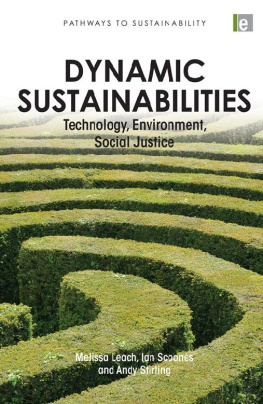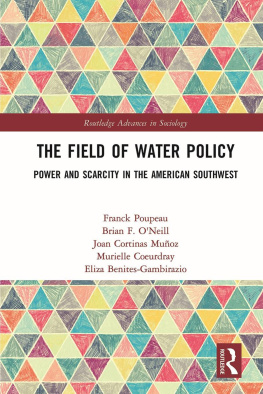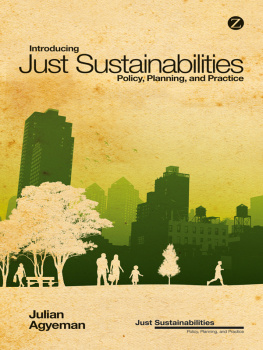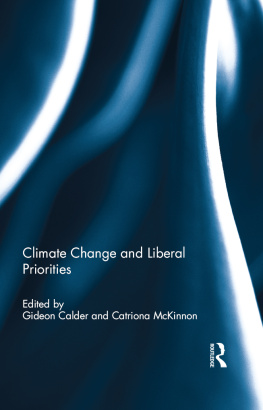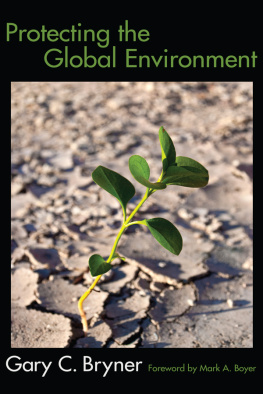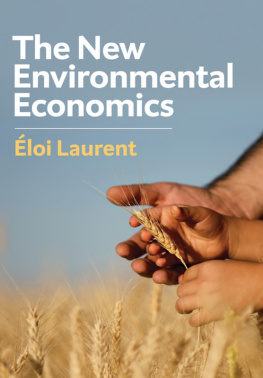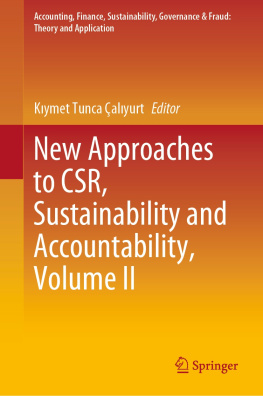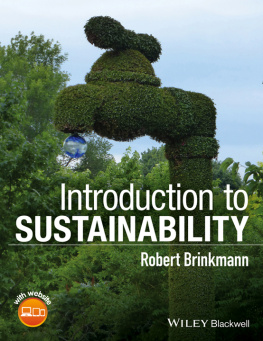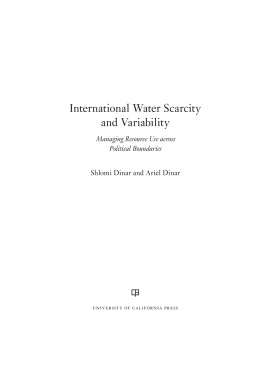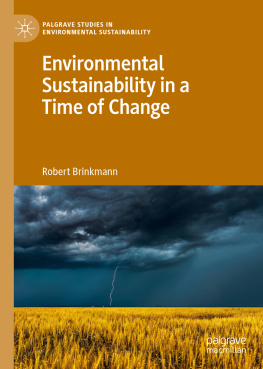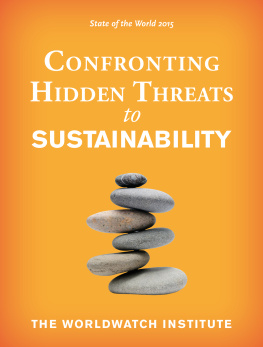
The twin challenges of sustainability and ensuring that science and technology contribute to poverty reduction and social justice in a complex and dynamic environment are re-framed in this book. The alternative narratives offered are to be commended for showing that new thinking can lead to change.
David J. Grimshaw, Head of International Programme (New Technologies) at Practical Action, and Senior Research Fellow (New and Emerging Technologies) at the Department for International Development
This book should be welcomed by all who take an holistic view of sustainable development and poverty reduction. For those of us rooted in the Appropriate Technology movement, the STEPS team provide analytical rigour for the notion that technological silver bullets are misconceived and that technology users have a range of options. Drawing from across disciplines, Dynamic Sustainabilities provides a contemporary approach to understanding the complicated and ever-changing world we live in; one which explicitly recognizes that there are different ways of understanding the world, and that development is indeed a political process.
Andrew Scott, Policy and Programmes Director, Practical Action
Melissa Leach, Ian Scoones and Andy Stirling of the STEPS Centre put the finger on a fundamental challenge. How can we ensure that science and technology in a highly complex, dynamic and interconnected world help improve livelihoods and social justice in the quest for social-ecological sustainability? In their pathways to sustainability approach they constructively suggest novel and practical ways forward for issues like empowerment, styles of knowledge-making, governance, political engagement simultaneously confronting uncertainty, ambiguity and ignorance in comprehensive case studies. Their way of normative framing provides inspiring and significant food for thought and action. Highly recommended reading!
Carl Folke, Stockholm Resilience Centre and the Beijer Institute of Ecological Economics
The old economic models are unlikely to serve us well on a planet of six billion, rising to nine billion people by 2050. A systems approach catalysing a transition to a low carbon, resource efficient, Green Economy is the only approach possible if all societies are to thrive let alone survive through the 21st century. Dynamic Sustainabilities: Technology, Environment, Social Justice outlines the challenges and barriers but also the pathways and opportunities to realize that change not least through illuminating realworld case studies. In doing so it offers a counterpoint to those trapped in old patterns of development and an inspiration to those keen to embrace a paradigm shift.
Achim Steiner, UN Under-Secretary General and Executive Director UN Environment Programme (UNEP)
This book addresses critical issues associated with transitioning to a more sustainable world. It is both conceptual and practical exactly what is needed to address issues such as climate change, food and water security and human health.
Professor Robert Watson, Chief Scientist, DEFRA
This book provides orientation in a complex and uncertain world full of contradictions and ambiguous developments. It takes inclusive governance based on public participation, diversity of values and institutional plurality as an opportunity rather than a risk. Offering a new perspective on social capacity as the main resource for sustainability, the authors have produced an academically fascinating analysis and an innovative set of practical recommendations that link the dynamic interactions between social, technologicaland ecological processes and facilitate the transition to an alternative, progressive future.
Ortwin Renn, Director of the Interdisciplinary Research Unit on Risk Governance and Sustainable Technology Development, University of Stuttgart, Germany
The recent confluence of crises in financial, climate and social systems has boosted political will to make fundamental institutional changes. Our leaders know that fixing the banks is not enough. Whether the political and business space is labelled green economy, high-sustainability recovery or simply sustainable development, a lot now rests on the pathways that will be taken by enlightened leaders. But their courage is also not enough, and in a fast-changing world neither is clinging to previous practices that had once helped them to muddle through. There is a need for sound theory and good empirical evidence if we are to make progress with confidence: Leach, Scoones and Stirling offer considerable conceptual advances of real value in this accessible volume.
Steve Bass, Senior Fellow, International Institute for Environment and Development (IIED)
Dynamic Sustainabilities
Pathways to Sustainability Series
This book series addresses core challenges around linking science and technology and environmental sustainability with poverty reduction and social justice. It is based on the work of the Social, Technological and Environmental Pathways to Sustainability (STEPS) Centre, a major investment of the UK Economic and Social Research Council (ESRC). The STEPS Centre brings together researchers at the Institute of Development Studies (IDS) and SPRU (Science and Technology Policy Research) at the University of Sussex with a set of partner institutions in
Africa, Asia and Latin America.
Series Editors:
Melissa Leach, Ian Scoones and Andy Stirling STEPS Centre at the University of Sussex
Editorial Advisory Board:
Steve Bass, Wiebe E. Bijker, Victor Galaz, Wenzel Geissler, Katherine Homewood, Sheila Jasanoff, Colin McInnes, Suman Sahai, Andrew Scott
Titles include:
Dynamic Sustainabilities
Technology, Environment, Social Justice
Melissa Leach, Ian Scoones and Andy Stirling
Avian Influenza
Science, Policy and Politics
Edited by Ian Scoones
Rice Biofortification
Lessons for Global Science and Development
Sally Brooks
Epidemics
Science, Governance and Social Justice
Edited by Sarah Dry and Melissa Leach
Dynamic Sustainabilities
Technology, Environment, Social Justice
Melissa Leach, Ian Scoones and Andy Stirling

London New York
First published in 2010 by Earthscan
Copyright M. Leach, I. Scoones and A. Stirling, 2010
The moral rights of the authors have been asserted.
All rights reserved. No part of this publication may be reproduced, stored in a retrieval system, or transmitted, in any form or by any means, electronic, mechanical, photocopying, recording or otherwise, except as expressly permitted by law, without the prior, written permission of the publisher.
Earthscan
2 Park Square, Milton Park, Abingdon, Oxon OX14 4RN
Simultaneously published in the USA and Canada by Earthscan
711 Third Avenue, New York, NY 10017
Earthscan is an imprint of the Taylor & Francis Group, an informa business
ISBN: 978-1-84971-092-3 hardback
ISBN: 978-1-84971-093-0 paperback
Typeset by 4word Ltd, Bristol, UK
Cover design by Susanne Harris
A catalogue record for this book is available from the British Library
Library of Congress Cataloging-in-Publication Data
Leach, Melissa.
Dynamic sustainabilities : technology, environment, social justice / Melissa Leach, Ian Scoones and Andy Stirling.
p. cm.
Includes bibliographical references and index.
ISBN 978-1-84971-092-3 (hbk.) ISBN 978-1-84971-093-0 (pbk.)
1. Sustainable development. 2. Economic developmentEnvironmental aspects. 3. Poverty. 4. Social justice. I. Scoones, Ian. II. Stirling, Andy. III. Title.
Next page
